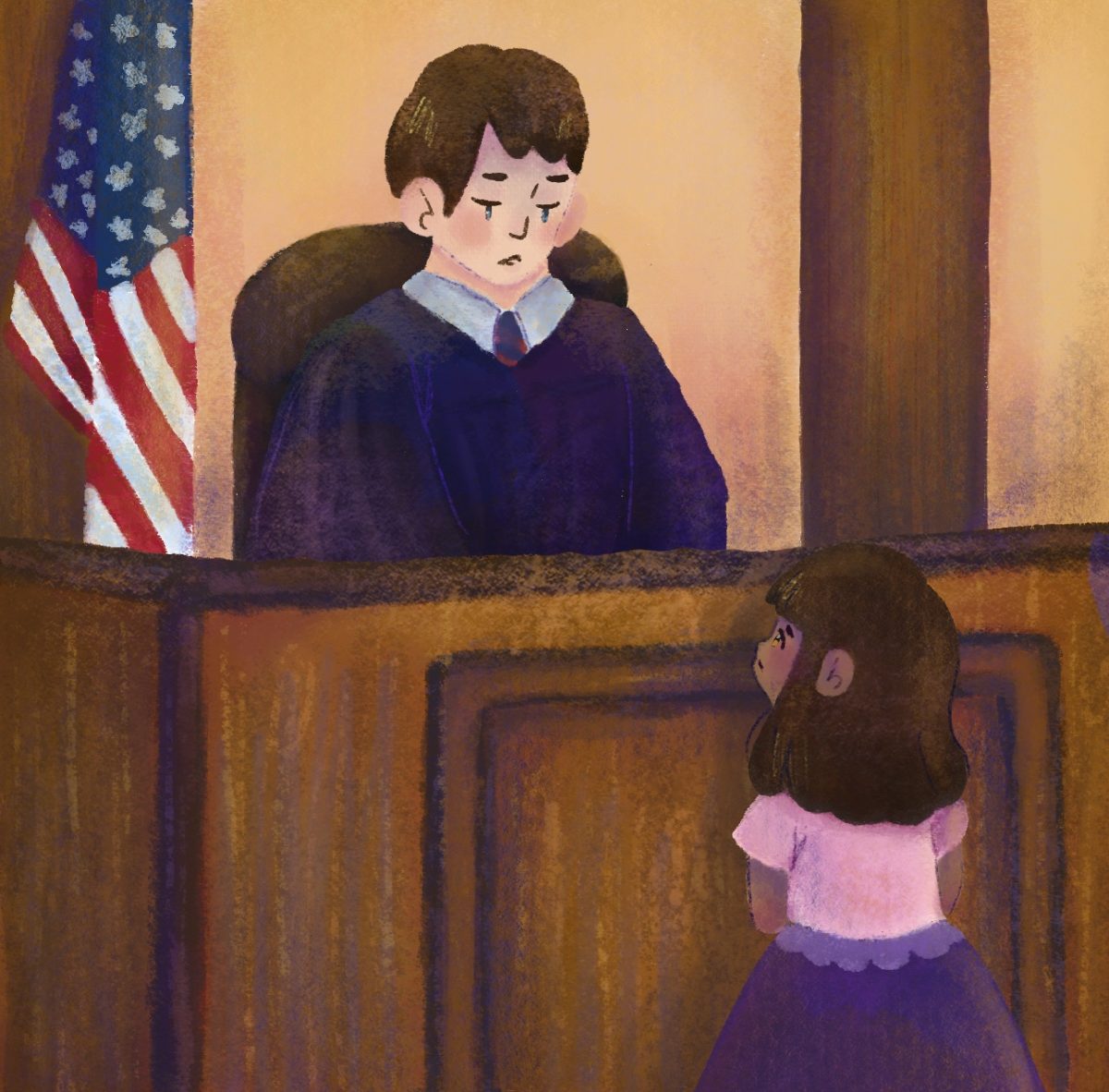It’s difficult to deny the fact that things are getting odd. To go from summer weather in the middle of January to looping bouts of chills in April is nowhere near ordinary. The dreaded “myth” of global warming appears to be becoming a reality, but the question is, have we attributed the crime to the right suspect?
The generally accepted cause of climate change has been our oil consumption (darned be those rising gas prices), but this factor is only the tip of the iceberg. An equally damaging culprit may be innocently awaiting you on your dinner plate; the production of animals for slaughter is slowly, but surely, destroying the planet in ways that are invisible to the average carnivore.
According to the U.S. census, Americans consumed more than 12,239 metric tons of beef in 2010, nearly 4,000 thousand more than the 27 countries that make up the European Union combined. Gone are the days of mom and pop farms with a few cows and chickens. Industrial farms are forced into overdrive in order to keep up with our demands, and in turn, put an unbelievable strain on the resources they need to maintain production.
“Livestock’s Long Shadow,” a study released by the United Nations’ Food and Agriculture Organization, states that 70 percent of all agricultural land is used for growing livestock feed crops and grazing. This amounts to a whopping 30 percent of the total land surface of the planet.
Overgrazing, degradation and erosion are causing farmers to look for new land to move their livestock to, resulting in the destruction of forests and eventually, human development, as people are forced from their homes by drought and famine in search of more fertile soil.
Breeding domesticated animals has a direct impact on our water quality; eight percent of human water use goes towards raising livestock, which in turn pollutes the water with fecal waste, processing chemicals and medicine used to keep the animals alive. The runoff from farms can leech into fresh water supplies and the ocean, where it can damage delicate ecosystems and poison fish that are then consumed by humans.
According to the UN study, livestock production is “responsible for 18 percent of greenhouse gas emissions in measured CO2 equivalents.” This measures the ammount of damage done by other gases as compared to CO2.
To put everything into perspective, the amount of resources used to keep Big Macs on the food chain far surpasses the amount needed to sustainably feed the population with vegetables. Livestock production takes up an unreasonable chunk of effort in comparison to the yield, which is 7 kilograms of feed to a single kilogram of meat from cattle. Those 7 kilograms of crops could feed that many more people without the unnecessary step of animals in between.
Water and land use could greatly be reduced and better utilized by growing produce that syncs up with the natural cycles of land to avoid over-harvesting. The bottom line is, we don’t need meat.
Any other business that has such a low yield rate would crumble, so why is the meat industry still thriving? It is simply because we let it.
The quality of meat continues to decline (pink slime, anyone?) as the damage rises, but because of consumer demand and an uninformed public, millions of families happily sit down to a nice hearty dinner of beef, pork and chicken because they don’t know any better.
However, upon reading this information, you can make a more educated choice.
This Earth Day, do a little reading on how your meat goes from creature to corn dog and seriously consider whether this is something you stand for. It is not necessary for you to become a pious vegan crusader (although that would be nice), but amidst the recycling and tree planting, become aware of what it takes to feed a nation and what the costs are to you and your planet.





